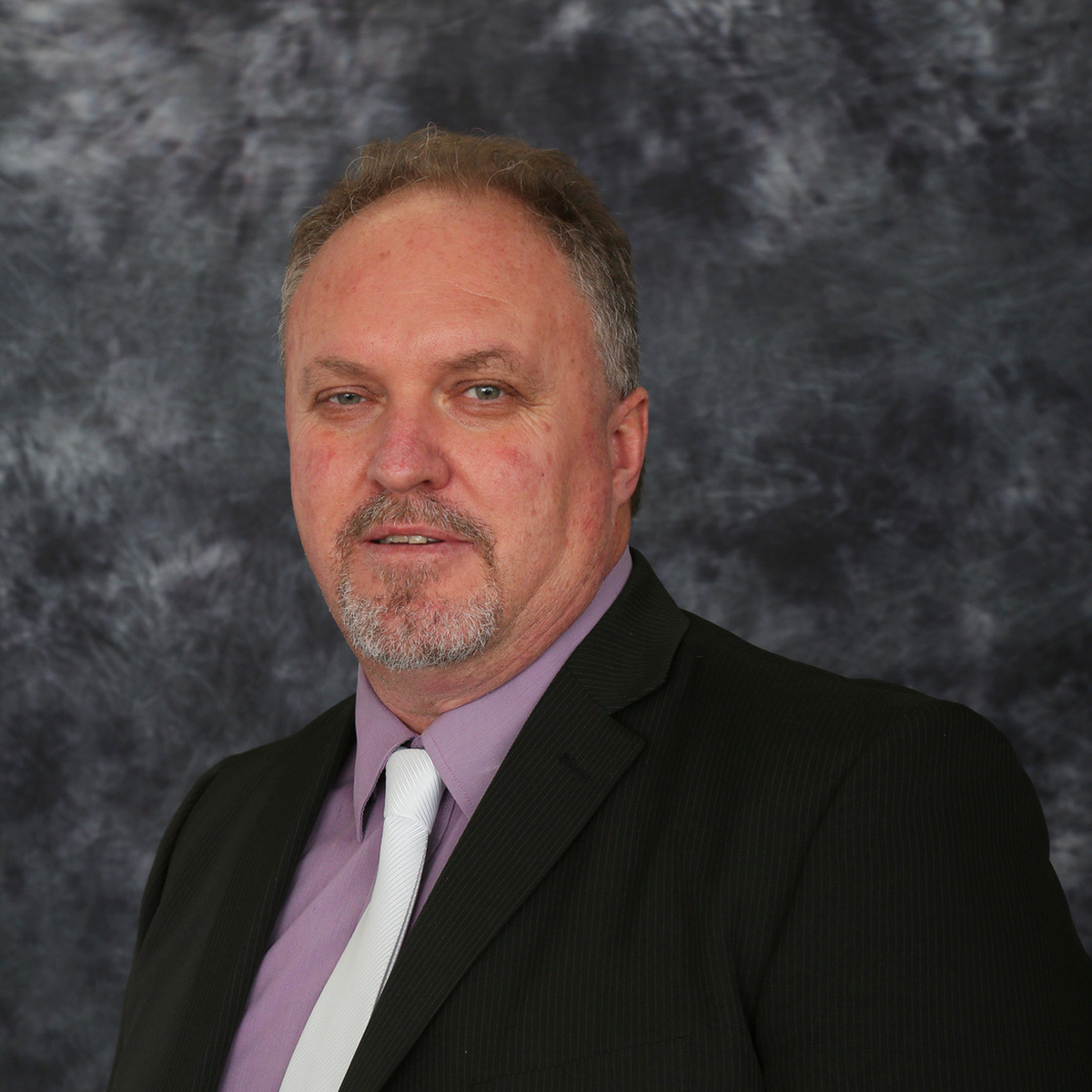Raise the drawbridge on full-circle drug services

On 29 August, the Bundaberg NewsMail published a report highlighting the rise of drug-related deaths in our region.
It’s time we recognised that many of the barriers to positive steps around treatment delivery for substance abuse sit right here in our community.it is time we recognised that many of the barriers to positive steps around treatment delivery for substance abuse sit right here in our community.
In June 2016 IWC hosted a Bundaberg region drug forum, using the high profile of Ice as the motivator but understanding fully that all drugs were endemic in our region, with little to no “full-circle” treatment regime in place. More than 80 delegates from 46 frontline services, community groups, business and politics gathered to seek solutions.
That forum delivered a strong community Voice, including an action plan, and many of these initial actions have been delivered. But let’s be clear – the necessary secondary actions have not eventuated and the single primary decision of the forum – to bring a residential rehabilitation facility to our region- continues to be stalled more than two years on.
IWC’s holistic model of care, which includes an Alcohol & Other Drugs Program, continues to strive to deal with a growing level of need around substance abuse. We work with individuals and families whose lives are badly affected – often devastated – by the impact of drugs in our communities. We work with other agencies and organisations. But the fact is that two years on from the 2016 drug forum, resources around drug and alcohol services continue to be sparse and fragmented here in Bundaberg. This causes further uncertainty for families and individuals in an already discordant situation.
While our community is still waiting for the Federal and State governments to wake up to our region’s needs around Ice and other drugs, we also need to look beyond mainstream politics and seek out the barriers sitting within our own community to change and improve drug services.
One has to beg the question, where are the real barriers hiding? Who are the faceless people within our region’s operations pulling the levers that have raised the drawbridge around change? Shadowy influencers who are shutting out the potential not only for residential rehabilitation in our region, but for a cohesive, end-to-end model of service delivery around Ice and other drugs.
IWC has long been upfront about the lack of end-to-end services, both treatments and supports. Families and individuals are caught up in this vicious circle, funnelled into layers of unyielding assessment without progress, or subjected to inadequate piecemeal supports. All of this only exacerbates the turmoil of their situation.
We have many people returning to IWC’s doors, and to other General Practices, having gone through the mill of inadequate substance abuse assessments, treatments and supports without receiving what they need. They are forced in the end to return to their default entry-point service, in particular the GP. What an appalling merry-go-round for this disadvantaged and vulnerable cohort of our community, and what a disgraceful waste of public money.
IWC has long made it clear there is a solution, including residential rehabilitation. IWC has a farm, which is a suitable approved facility for residential rehabilitation, and also could act as a central hub for building end-to-end drug and alcohol services. IWC has consistently offered this to whomever would run such a facility, because this would serve our community by delivering a treatment option to our region – and beyond – and support efforts to further address the “full circle” of drug treatment services.
But this has produced little interest from those in our region who have the ability and influence to deliver what the community wants.
It has come to the point where those shadowy influencers operating the “drawbridge” must be made to lower it, or be asked to step aside to allow progress around substance abuse services in our region.
Substance abuse is not an issue that is going away, but there are persons within our community who would rather see no change. As a result, our region battles to address the issue while waves of despair wash over our community. It’s a bit like standing on the upper deck of the Titanic. As the ship continues to sink, we await a passing satellite that lets the Coast Guard knows we are here and, hopefully, respond to our cries of “Save us!”